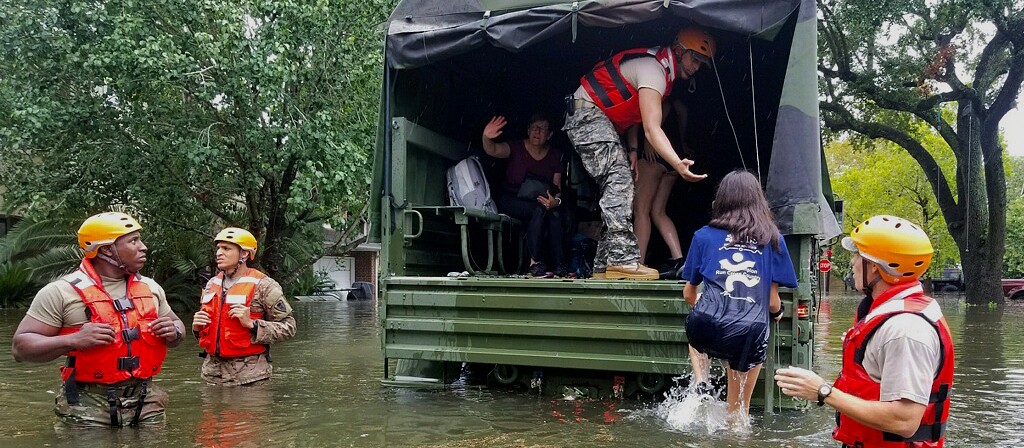The Environmental Protection Agency acknowledged Thursday that Valero Energy “significantly underestimated” the amount of cancer-causing benzene and other volatile compounds that leaked from a Houston refinery damaged during Hurricane Harvey.
The revelations came after an environmental group privately contracted to conduct six days of air quality testing in the Manchester neighborhood adjacent to the refinery, where residents continued to complain about strong odors coming from the facility. The Environmental Defense Fund found that in numerous locations, benzene levels, though under the Texas threshold of 180 parts per billion, far exceeded California’s guideline, “which is 23 times more stringent and is well-respected by health advocates nationwide,” the Texas Tribune reported.
The Houston Health Department told the New York Times, however, that preliminary air sampling in the Manchester area showed concentrations of up to 324 parts per billion of benzene, well above the Texas threshold.
Benzene, a toxic, flammable chemical found in crude oil and gasoline, can cause central nervous system damage and bone marrow damage, and is carcinogenic.
“The high levels of hazardous pollutants in the air add to an already difficult time for Houston,” said Elena Craft, senior health scientist at Environmental Defense Fund. “This is why it is vital for the health and safety of everyone that we have a strong EPA.”
Valero initially reported in regulatory filings that an August 27 leak from a partially collapsed roof at a storage tank released an estimated 6.7 pounds of benzene and more than 3,350 pounds of unspecified volatile compounds.
Two days later, Valero issued a release stating that the company’s air-quality monitoring found “no detectable levels of emissions in the community.” The EPA also sought to reassure Houston residents that there were no air quality concerns, saying on September 3 that “local residents should not be concerned about air quality issues related to the effects of the storm,” the Houston Press reported.
But the Environmental Defense Fund said neither the Environmental Protection Agency nor the Texas Commission on Environmental Quality (TCEQ) were monitoring air quality in the neighborhood.
As the TCEQ’s mobile air quality laboratory “remained idle in Austin,” EDF contracted with Entanglement Technologies, a California-based company, to conduct measurements. The findings matched those done by the city of Houston, the environmental group said Thursday in a press release.
Valero is now preparing a new report that will show a “substantial increase” in emissions from the incident, the Houston Chronicle reported Thursday. “We appreciate that EPA has acknowledged this problem, but the agency and TCEQ will have to be more vigilant in the future to protect people from severe pollution events,” Craft said.
Valero’s Houston refinery began operations in 1942 and has gone through numerous modifications and expansions. The refinery processes 235,000 barrels per day and produces a wide range of petroleum products. It is located on the Houston Ship Channel, with deep-water access for off-loading feedstocks, only a couple blocks from homes in the Manchester neighborhood in southeast Houston.
“A robust EPA and TCEQ would have been more on top of pollution problems as they happen,” said Craft. “It would be a serious mistake — for Houston and the nation as a whole — if Congress were to cut EPA’s budget as the Trump administration has proposed. The shows, again, how much we need them to protect the health and safety of American families.”
Overall, the shutdowns and startups of oil refineries and chemical plants and Harvey-related damage to industrial facilities in Texas caused the release of more than 6 million pounds of hazardous pollutants, according to industry estimates. In addition to cancer-causing agents such as benzene, the pollutants included those that contribute to the formation of ground-level ozone, or smog, EDF said.


